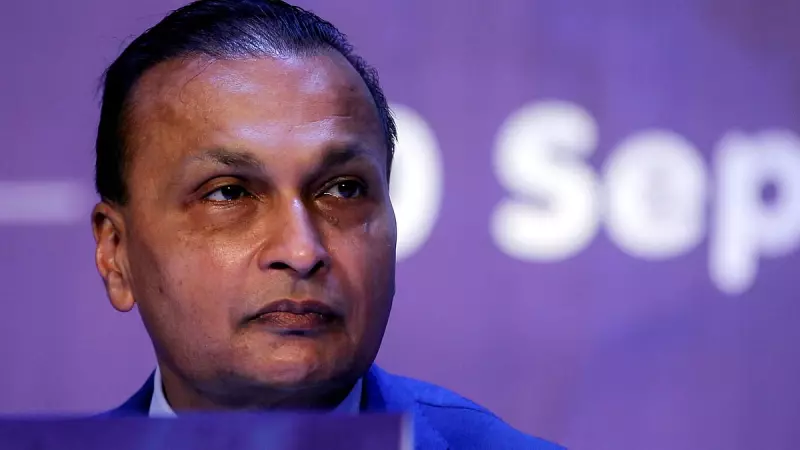
In a significant development in the ongoing FEMA case, industrialist Anil Ambani has formally proposed to appear before the Enforcement Directorate through virtual means. This move comes as the legal proceedings continue regarding alleged violations of foreign exchange regulations.
The Legal Standoff
Through his legal representatives, Ambani submitted an application to the Bombay High Court requesting permission for virtual participation in the investigation. The industrialist cited multiple reasons for this request, including health considerations and pre-existing international commitments that make physical appearance challenging at this time.
The case centers around alleged contraventions of the Foreign Exchange Management Act (FEMA), with the Enforcement Directorate seeking Ambani's direct testimony as part of their ongoing investigation. The legal battle has been progressing through the judicial system, with both parties presenting their arguments before the court.
Health and Practical Considerations
Ambani's legal team emphasized that their client faces genuine health concerns that necessitate special arrangements for his participation in legal proceedings. The application specifically mentioned that Ambani is currently abroad for medical treatment, making physical presence before the investigating agency practically difficult.
The legal representatives argued that modern technology provides adequate means for conducting such proceedings virtually without compromising the investigation's integrity. They pointed out that virtual appearances have become increasingly common in legal matters, especially since the COVID-19 pandemic normalized remote participation in judicial processes.
Court Proceedings and Next Steps
The Bombay High Court has been actively hearing the matter, with Justice Revati Mohite-Dere presiding over the case. During recent proceedings, the court directed the Enforcement Directorate to respond formally to Ambani's virtual appearance request.
The court has scheduled the next hearing for July 17, when both parties are expected to present their detailed arguments regarding the feasibility and appropriateness of virtual participation in such investigations. The Enforcement Directorate's response to this proposal will be crucial in determining how the investigation proceeds.
This case represents another chapter in the ongoing scrutiny of business practices under FEMA regulations. The outcome could set important precedents for how investigations involving high-profile individuals are conducted, particularly regarding the use of technology in legal proceedings.
Legal experts are closely watching the developments, as the court's decision on virtual appearances in enforcement cases could influence future investigations and establish new protocols for dealing with similar situations where physical presence presents significant challenges.






